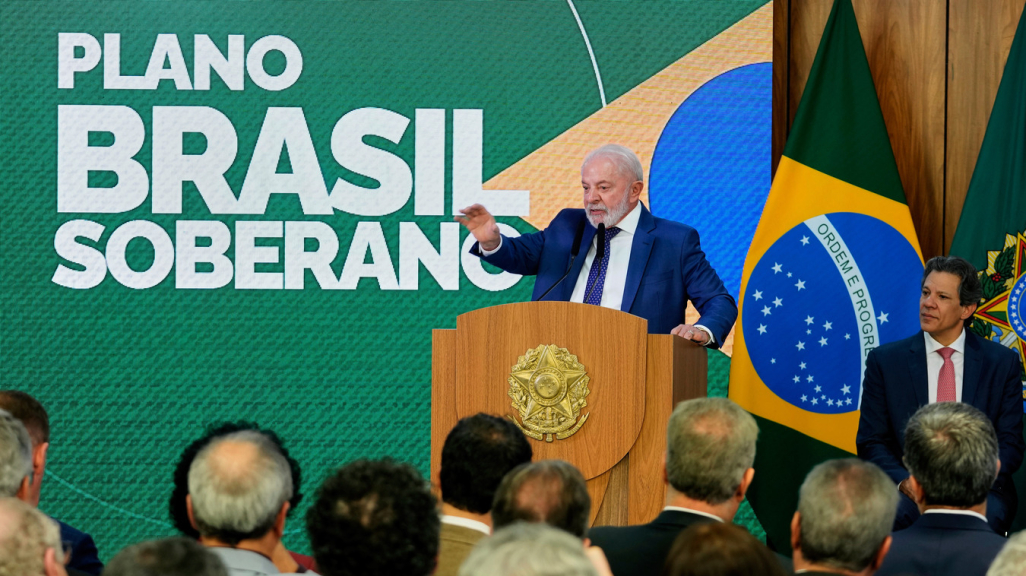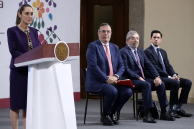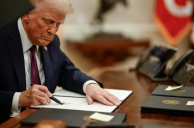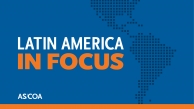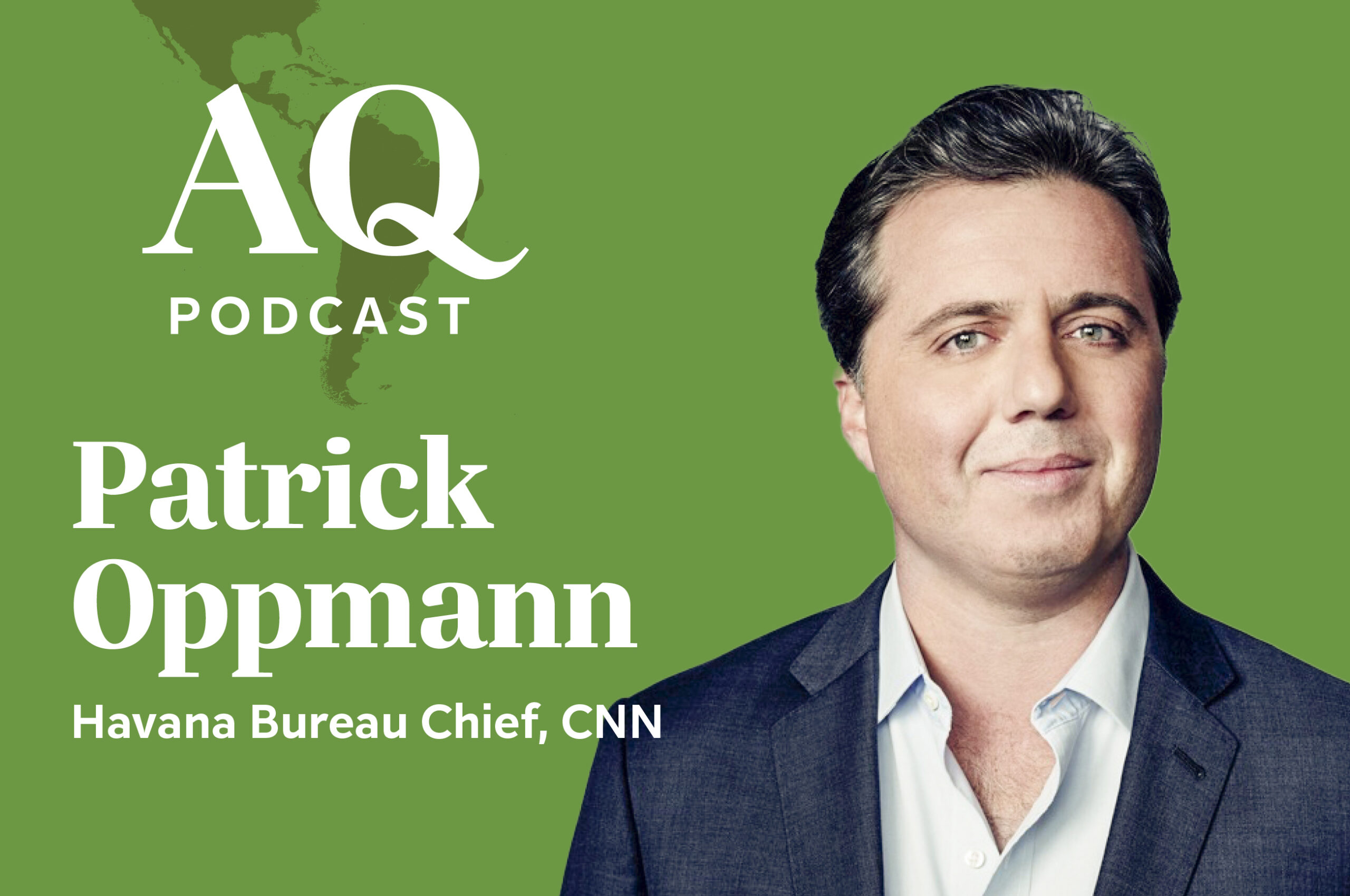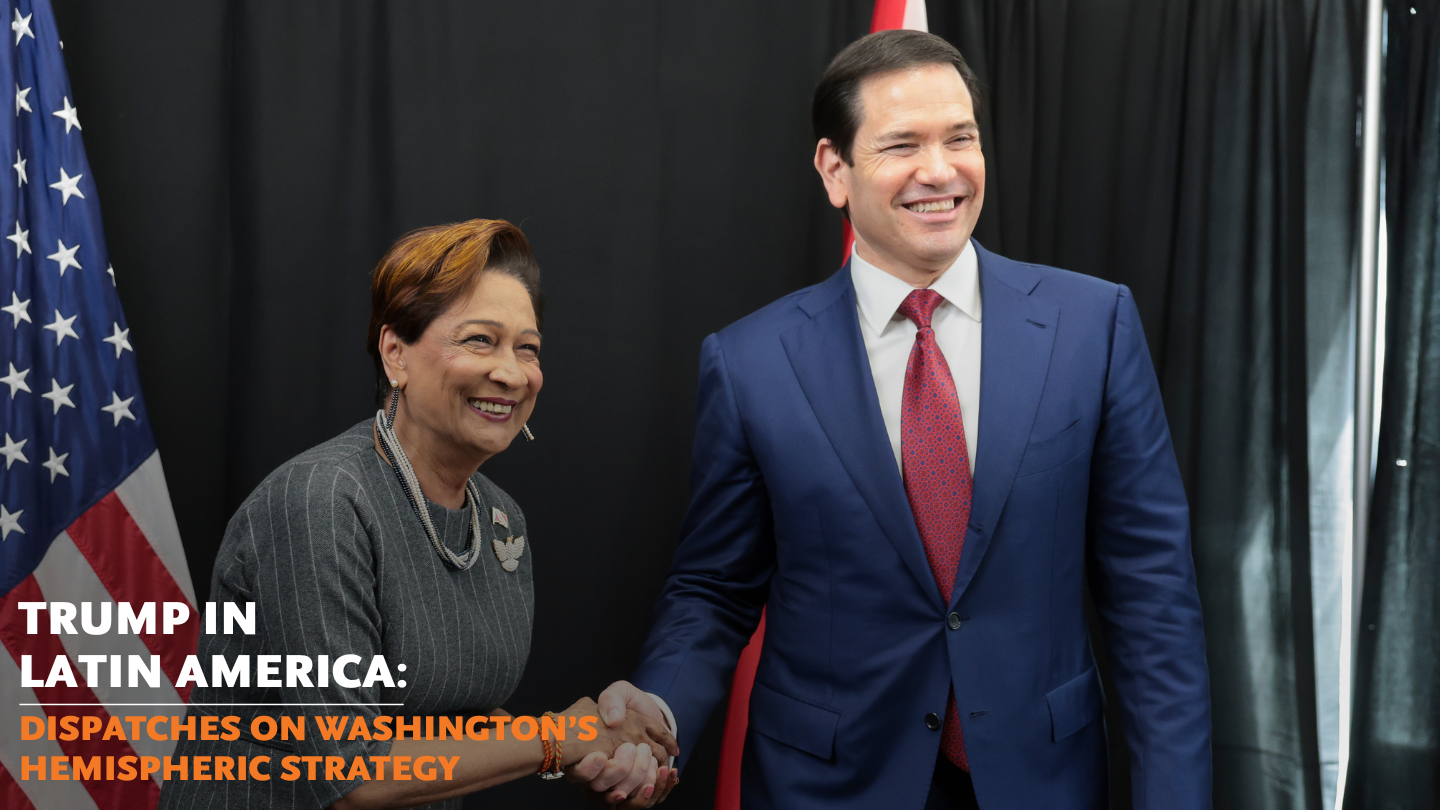LatAm in Focus: Navigating Trump’s Tariff Tests—The Brazil Edition
LatAm in Focus: Navigating Trump’s Tariff Tests—The Brazil Edition
Former Brazilian Foreign Trade Secretary Welber Barral explains how political tensions have created a gridlock in current trade negotiations.
On July 9, President Donald Trump threw a wrench into the works of 200 years of U.S.–Brazil relations with a letter posted to his social media accounts. In it, he announced a 50 percent tariff on imports from Brazil, the highest rate on any Latin American country.
The announcement was not only surprising for the amount and the fact that Brazil is one of a few countries with which the United States has a trade surplus, but because of the reasons cited for the hefty rate—the trial of ex-President Jair Bolsonaro, recently convicted for attempting a coup to overturn Brazil’s 2022 election, and Brazilian Supreme Court cases against U.S.-based social media platforms. President Luis Inácio Lula da Silva has repeated that there have been no conversations with his counterpart in Washington since.
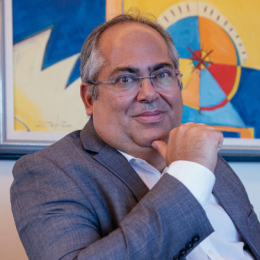
“The United States is insisting on some political points that the Brazilian executive cannot negotiate; [...] they insisted that Brazil should give amnesty to the members of the attempted coup of January 8. Nobody told them that even if Congress passes that, it would be unconstitutional,” emphasizes Welber Barral, a former trade secretary in the second Lula administration. Now an international trade advisor, Barral speaks with AS/COA’s Luisa Leme in the second part of Latin America in Focus’ season opener about the need to address misinformation in order to make progress in tariff negotiations, steps the Brazilian government has taken to help affected exporters, and the role of the private sector in facilitating reconciliation.
In the meantime, prevailing tensions with the United States have further fueled Brazil’s drive to deepen trade relation with other partners, both regionally and beyond. On September 16, Rio de Janeiro hosted the signing of MERCOSUR’s free trade agreement with the European Free Trade Association (EFTA), a bloc comprising Liechtenstein, Norway and Switzerland. And President Lula has insisted that the 20-year wait for the MERCOSUR–European Union free trade deal can end by the time Brazil’s presidency of the South American bloc concludes at the close of 2025. "It’s funny because it was, somehow, thanks to President Trump,” said Barral, “the expectation that trade would decrease with the United States pushed the European and Mercosur countries to move on with this agreement.”
Mexico’s former chief USMCA negotiator, Kenneth Smith Ramos, unpacks the Sheinbaum government's delicate balancing act to protect bilateral trade ties.
AS/COA is tracking the U.S. president's actions toward the region, including on migration, trade, and security.
Subscribe to Latin America in Focus, AS/COA's podcast focusing on the latest trends in politics, economics, and culture throughout the Americas.







